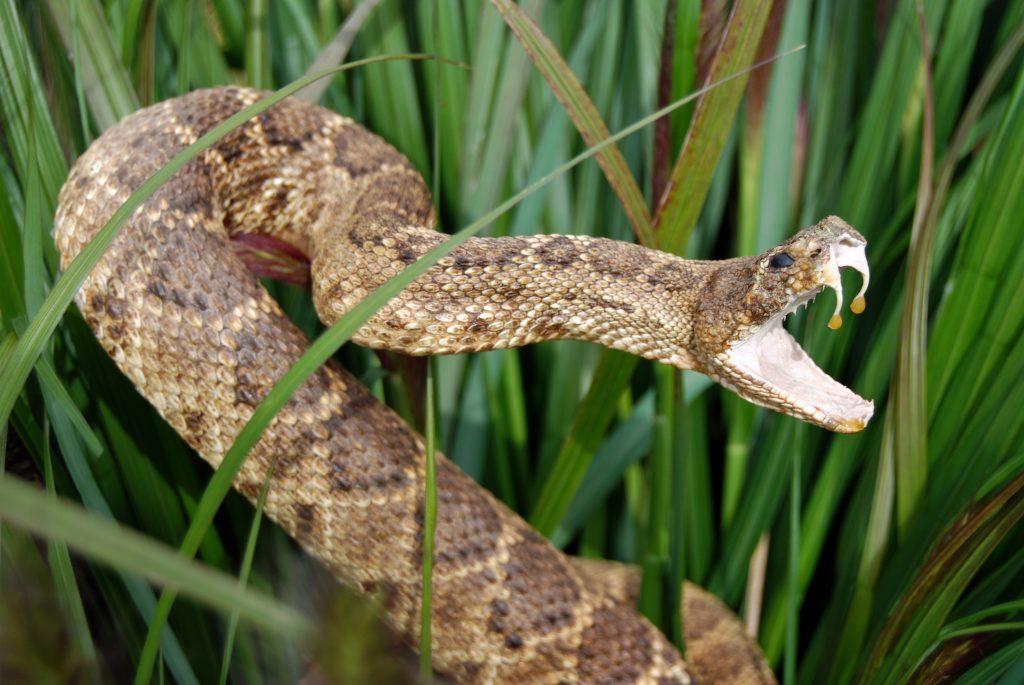A truck driver named Elijah Bowles recently reported that he was the victim of an attempted murder after receiving live rattlesnakes through the U.S. Postal Service in two different states. The packages containing the venomous snakes were mailed to him in Twentynine Palms, California, and Palm Coast, Florida. The snake in the California package was discovered by a friend of Bowles while they were driving away from the post office, who opened the box marked as “fragile” and saw the snake inside. The packages contained cotton balls to muffle the sound of the snake’s rattle, and the snake found in California was identified as a Western rattlesnake, a species common in Northern California but rarely seen in Southern California. Bowles contacted local emergency and animal control services after discovering the snake.
The tracking information for the packages indicated that they were sent from Hayward, California, despite having a return address in Florida. A similar package was also sent to Bowles’ home address in Florida, causing him to question who might be targeting him. Bowles, who is a truck driver, stated that he is not involved in criminal activities and was puzzled as to why someone would send live rattlesnakes to him. The U.S. Postal Inspection Service has launched an investigation into the California incident, but it is unclear if they are investigating the Florida incident as well. It is illegal to mail snakes through the U.S. Postal Service, as they are classified as “nonmailable” animals along with turtles and other poisonous reptiles.
It is possible for some living animals, such as bees, scorpions, and certain birds, to be sent through the mail legally in the United States. However, snakes are explicitly banned from being mailed due to their dangerous nature. Smugglers have been known to attempt sending venomous snakes through the mail on rare occasions, such as a case in 2017 where three king cobra snakes were discovered inside potato chip cans en route to California from Hong Kong. A resident of Monterey Park, Rodrigo Franco, was convicted of smuggling wildlife and sentenced to federal prison for mailing approximately 23 king cobras in multiple shipments. The incident involving the live rattlesnakes sent to Bowles is another example of the dangers and illegal activity associated with attempting to mail prohibited animals through the postal service.
Bowles expressed shock and disbelief over the instances of live rattlesnakes being mailed to him, describing it as attempted murder. The discovery of the snake inside the package in California led him to contact authorities and question who might be targeting him. With the U.S. Postal Inspection Service carrying out an investigation into the California incident, it remains to be seen how the situation will unfold. The incidents highlight the risks and consequences of attempting to mail dangerous animals illegally and the importance of adhering to regulations and laws regarding the shipment of live animals.













